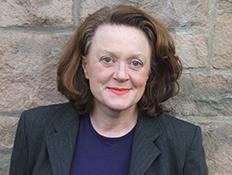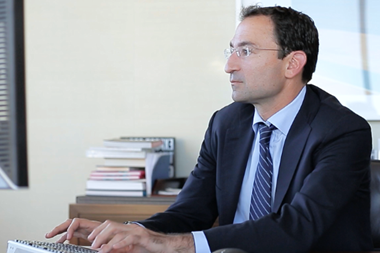This week saw the publication of the Charity Property Matters Survey 2014 by leading UK property advice charity the Ethical Property Foundation.
This week saw the publication of the Charity Property Matters Survey 2014 by leading UK property advice charity the Ethical Property Foundation.
This is the only UK survey which asks charities specifically about their property issues and was launched by new Charity Commission CEO Paula Sussex at a packed reception at RICS, hosted by London surveyors Copping Joyce.
Our UK voluntary sector is not exactly small: it employs 800,000 and holds net assets of property and investments totalling £105 billion. Increasingly charities deliver public service contracts representing 81% of income in 2014 – up from 49% in 2000/01. (NCVO Civil Society Almanac 2014). So property challenges impact on front line services as well as the local workforce. The survey headlines therefore make scary reading.
- 45% of charities surveyed now consider their property poses the greatest risk to their long term survival – up 4% on 2012 figures.
- One third of charities have not paid for any property advice in the last three years.
- A further 40% rely on informal advice from friends and contacts.
The sample – around 300 respondents across England & Wales – is small yet its findings confirm our own coalface experience at the Ethical Property Foundation, which to date has supported 3000+ non-profits. It’s a sector conundrum: why if so many charities are fearful of going bust because of property costs, do so few actually bother to get proper professional advice? And why is property apparently such a blind spot for charities in their business planning? Your answer is probably , because people who work in charities don’t tick like property people – yet this conundrum is clearly one luxury the sector can s no longer afford.
For going bust charity-style is not pretty. In the 12 months to May 2014, out of the 153 charities the Ethical Property Foundation supported, we saved five organisations from closure. Collectively they were employing hundreds of people, grant holders of some of the UK’s biggest funding institutions and serving 23,000 people in their local communities.
The survey also starkly reveals the twin challenges of property knowledge and soaring property costs in a competitive market.
- 30% of respondent charities said finding suitable premises was a significant issue in the past three years
- 30% of respondent charities do not feel they have the expertise to be effective when seeking advice on issues such as rent reviews, lease renewals and negotiations
- Almost half (48%) of respondent charities do not feel they have the knowledge and expertise to seek new premises
- Over 20% have experienced difficulties renting at an affordable price
Across the country, charities are being affected by local authorities and private landlords using increasingly tight commercial lease terms and market rents, and have difficulty securing suitable lease terms. This affects over 45% of charities. As for London, rents have more than doubled in some parts of the capital since our last survey in 2012.
Yet amid this see-saw of stress and ignorance, the survey flags up real opportunities for the property industry if it takes time to understand the specific needs and challenges of this £105bn sector. The synergies could be exciting. Consider partnering with organisations like the Ethical Property Foundation or a local intermediary, to provide accessible and affordable advice to upskill the sector. Our register of senior property professionals, which include survey sponsors Copping Joyce, will tell you that the sector provides some of their best clients. And with 57% of charities surveyed either planning or willing to consider sharing premises to save costs, consider the deals to be done in your area, not least in creating local referral platforms.
The bottom line is getting involved can only be a win-win for the industry. Charities work at the sharp end of poverty and need and frankly sometimes make the difference between cohesive happy communities and bricks going through windows. That’s why we
eed charities concentrating on what they do best, and not worrying about the roof falling in.
Antonia Swinson is Director of the Ethical Property Foundation
The Charity Property Matters Survey 2014 is available to download from www.ethicalproperty.org.uk

































No comments yet